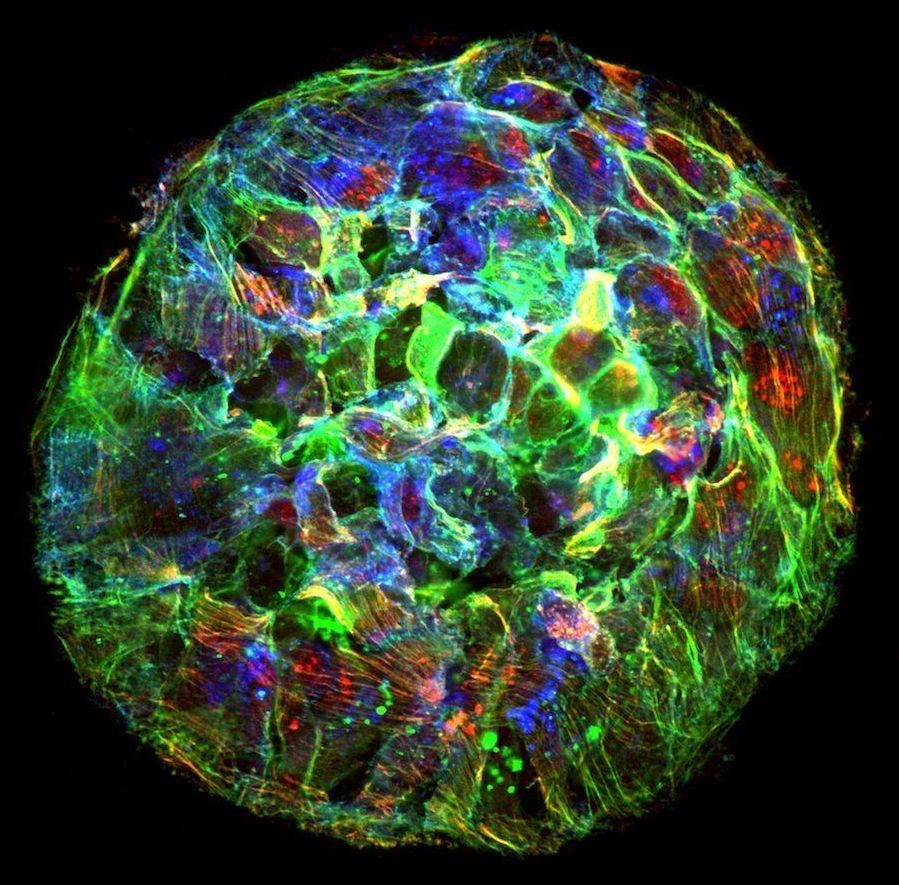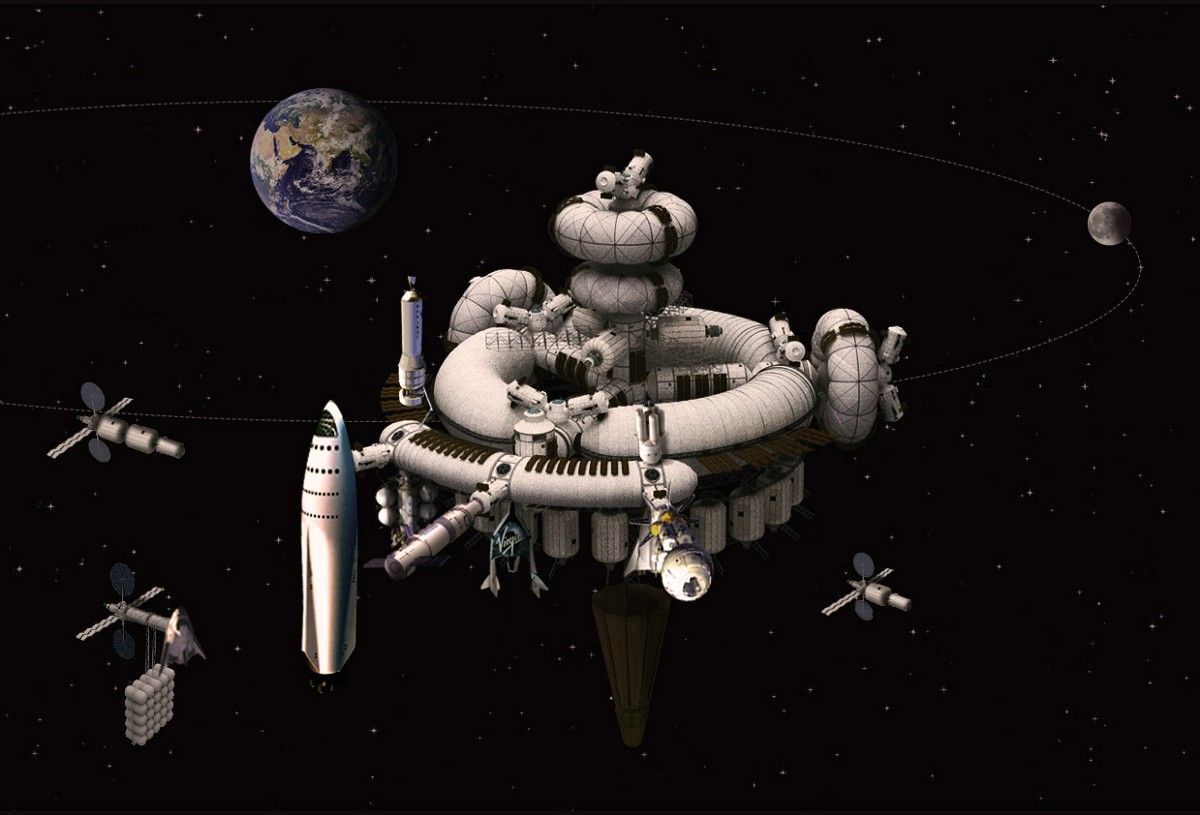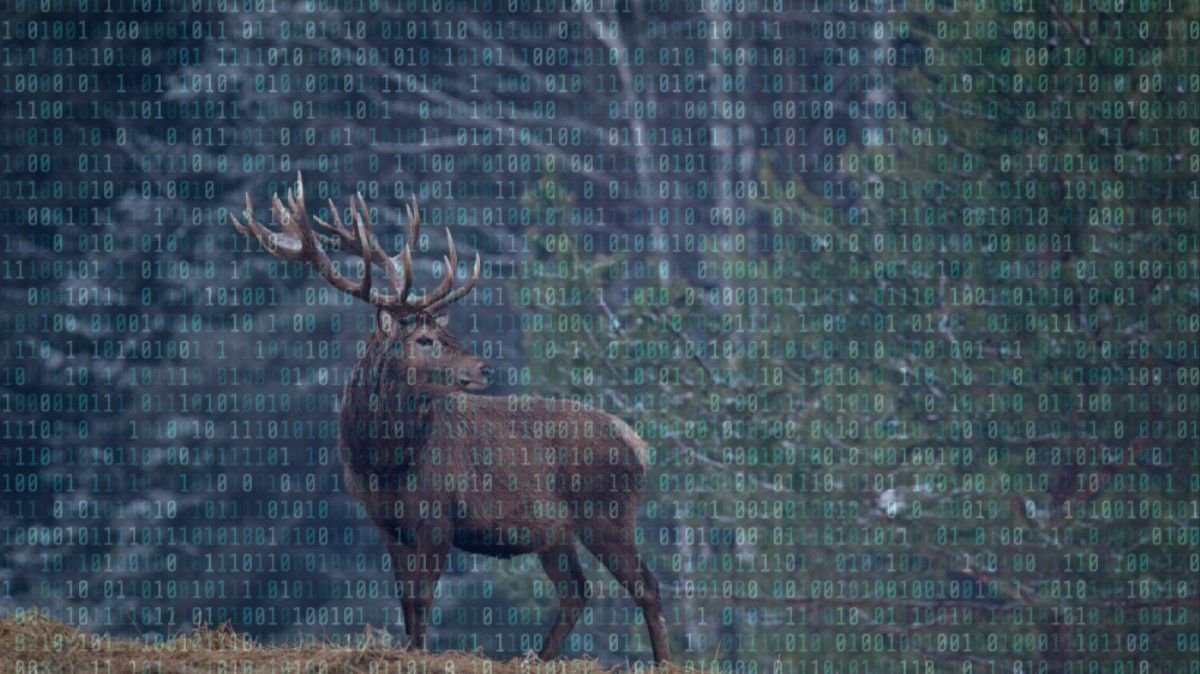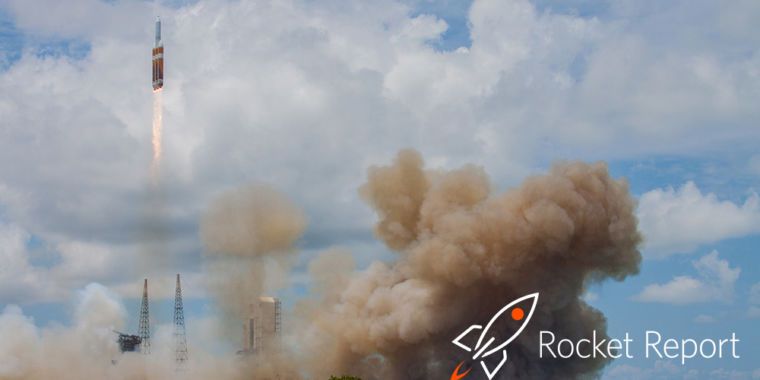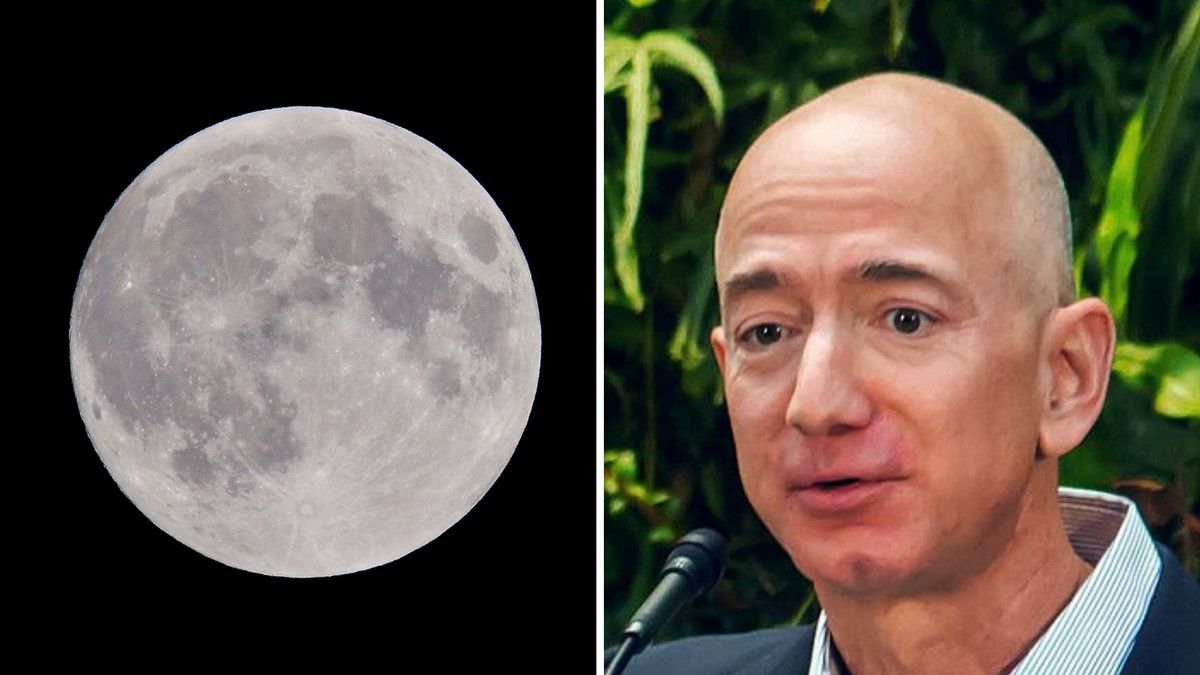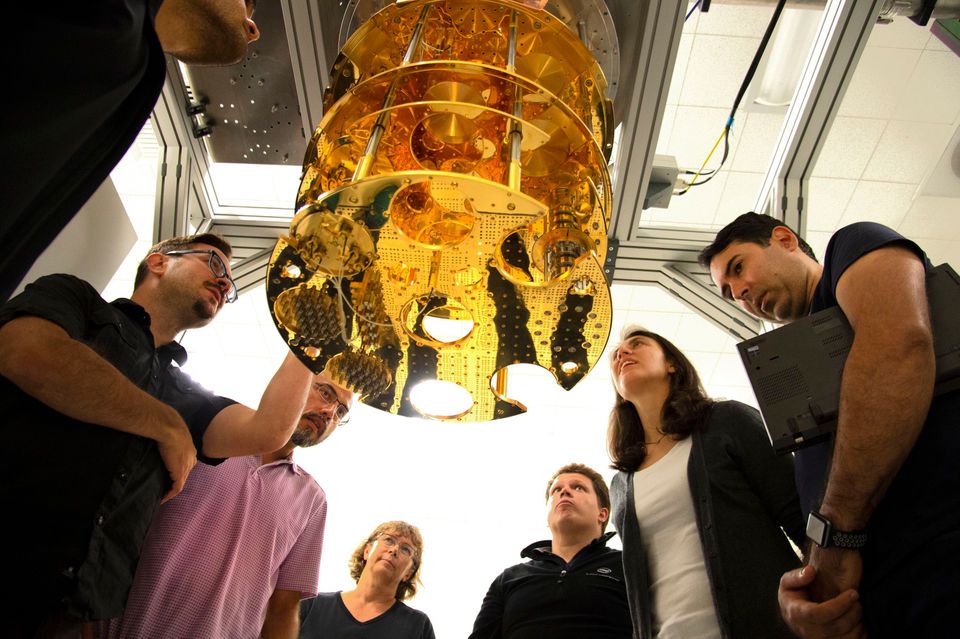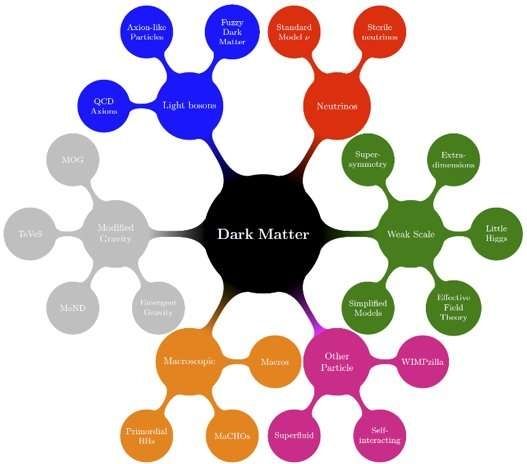Page 8527
Oct 5, 2018
How I designed a space outpost
Posted by Sidney Clouston in categories: food, habitats, health, space travel
As a Master’s student at University of Houston’s Sasakawa International Center for Space Architecture (SICSA), I was exposed to many interesting aspects of space exploration. One that I’m particularly intrigued about is the daily lives of astronauts, and their most mundane activities — how they sleep, eat, shower, exercise, work, etc. When the time came to choose what to focus on for my design thesis, I knew it would have something to do with habitation, community, and daily lives in space.
My undergrad was in architecture and urban studies with an equal emphasis on both. This gave me an understanding of how dwellings changed throughout the centuries in relation to the evolution of cities. I think in most cases, our definition of “home” is very intertwined with our definition of “city”. And I believe as humans set sail for the stars, this intertwining will stay strong. What defines a home and a city varies greatly from culture to culture, and changes with time. However, in a broad sense, a home is for your personal and intimate activities, alone or with close family members, and a city is a collection of private and public areas where the community can interact and coexist.
Oct 5, 2018
Researchers Created ‘Quantum Artificial Life’ For the First Time
Posted by Genevieve Klien in categories: alien life, computing, particle physics, quantum physics
For the first time, an international team of researchers has used a quantum computer to create artificial life—a simulation of living organisms that scientists can use to understand life at the level of whole populations all the way down to cellular interactions.
With the quantum computer, individual living organisms represented at a microscopic level with superconducting qubits were made to “mate,” interact with their environment, and “die” to model some of the major factors that influence evolution.
The new research, published in Scientific Reports on Thursday, is a breakthrough that may eventually help answer the question of whether the origin of life can be explained by quantum mechanics, a theory of physics that describes the universe in terms of the interactions between subatomic particles.
Continue reading “Researchers Created ‘Quantum Artificial Life’ For the First Time” »
Oct 5, 2018
A Neural Network, Connected to a Human Brain, Could Mean More Advanced Prosthetics
Posted by Genevieve Klien in categories: biotech/medical, cyborgs, robotics/AI
Training a neural net to decode a person’s brain signals and send them to a robotic limb led to better, precise control over prosthetics.
Oct 5, 2018
Astrophysicist and Italy’s ‘lady of the stars’ dies
Posted by Genevieve Klien in category: futurism
Get breaking news alerts and special reports. The news and stories that matter, delivered weekday mornings.
Oct 5, 2018
Rocket Report: SpaceX targeted, Chinese rocket scientist goes viral, SLS slips?
Posted by Genevieve Klien in categories: government, space travel
Does Chinese commercial space rival government? A story has gone viral in China about the departure of a rocket scientist named Zhang Xiaoping from his job as deputy director of rocket design at the state-owned Xi’an Aerospace Propulsion Research Institute. He was rumored to be helping lead the design of China’s heavy Long March 9 rocket. According to the South China Morning Post, a document posted on a Chinese social media site described how Zhang was “most crucial to the development process,” and had “irreplaceable” talents. The document argued that Zhang’s departure could affect China’s race to send people to the Moon.
Gone to LandSpace … Zhang is rumored to have taken a research position at the private aerospace firm LandSpace (cited above), earning 10 times his previous salary of 120,000 yuan (US$17,400) per year. This is an interesting development, although we have few hard facts from our Western vantage point. However, the Zhang kerfuffle does suggest that some of the same tensions we’re seeing between public and private space in the United States also exist in China with its emerging commercial space market.
Oct 5, 2018
This robotic finger attachment for your smartphone will gently caress your hand
Posted by Genevieve Klien in categories: mobile phones, robotics/AI
Our smartphones are cold, passive devices that usually can’t move autonomously unless they’re falling onto our faces while we’re looking at them in bed. A research team in France is exploring ways to change that by giving our smartphones the ability to interact with us more (via New Scientist). MobiLimb is a robotic finger attachment that plugs in through a smartphone’s Micro USB port, moves using five servo motors, and is powered by an Arduino microcontroller. It can tap the user’s hand in response to phone notifications, be used as a joystick controller, or, with the addition of a little fuzzy sheath accessory, it can turn into a cat tail.
Oct 5, 2018
Jeff Bezos Is Planning to Ship ‘Several Metric Tons of Cargo’ to the Moon
Posted by Genevieve Klien in category: space travel
Blue Origin signed a letter of intent with two German space companies to deliver supplies to the Moon by 2023.
Oct 5, 2018
Intel plots a weird, spooky future in quantum computing
Posted by Genevieve Klien in categories: computing, particle physics, quantum physics, space
There, engineers are doing something strange. They’re freezing computer chips to 460 degrees Fahrenheit below zero, colder than deep space, to simulate the quantum structure of the universe.
At such extreme temperatures these remarkable chips, called qubits, enable scientists to peer into the complex, uncertain interaction of particles at the atomic level — an unseen world in which seemingly contradictory results can exist simultaneously, a place where simply observing an interaction can change it. Or wreck it altogether.
“Quantum — it’s something weird,” said Mike Mayberry, Intel’s chief technology officer and general manager of Intel Labs.
Continue reading “Intel plots a weird, spooky future in quantum computing” »
Oct 5, 2018
A new era in the quest for dark matter
Posted by Genevieve Klien in categories: cosmology, particle physics
Since the 1970s, astronomers and physicists have been gathering evidence for the presence in the universe of dark matter: a mysterious substance that manifests itself through its gravitational pull. However, despite much effort, none of the new particles proposed to explain dark matter have been discovered. In a review that was published in Nature this week, physicists Gianfranco Bertone (UvA) and Tim Tait (UvA and UC Irvine) argue that the time has come to broaden and diversify the experimental effort, and to incorporate astronomical surveys and gravitational wave observations in the quest for the nature of dark matter.
Over the past three decades, the search for dark matter has focused mostly on a class of particle candidates known as weakly interacting massive particles (or WIMPs). WIMPs appeared for a long time as a perfect dark matter candidate as they would be produced in the right amount in the early universe to explain dark matter, while at the same time they might alleviate some of the most fundamental problems in the physics of elementary particles, such as the large discrepancy between the energy scale of weak interactions and that of gravitational interactions.
